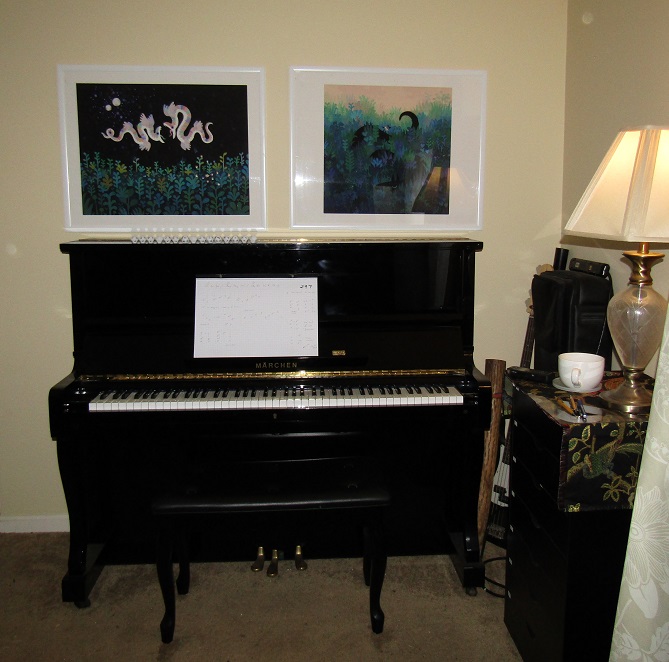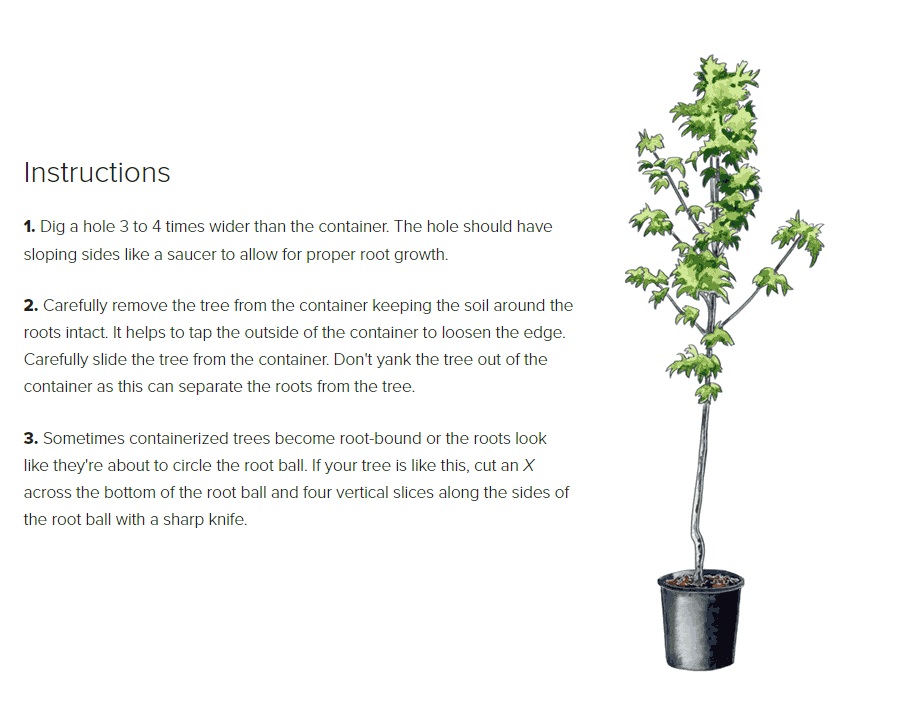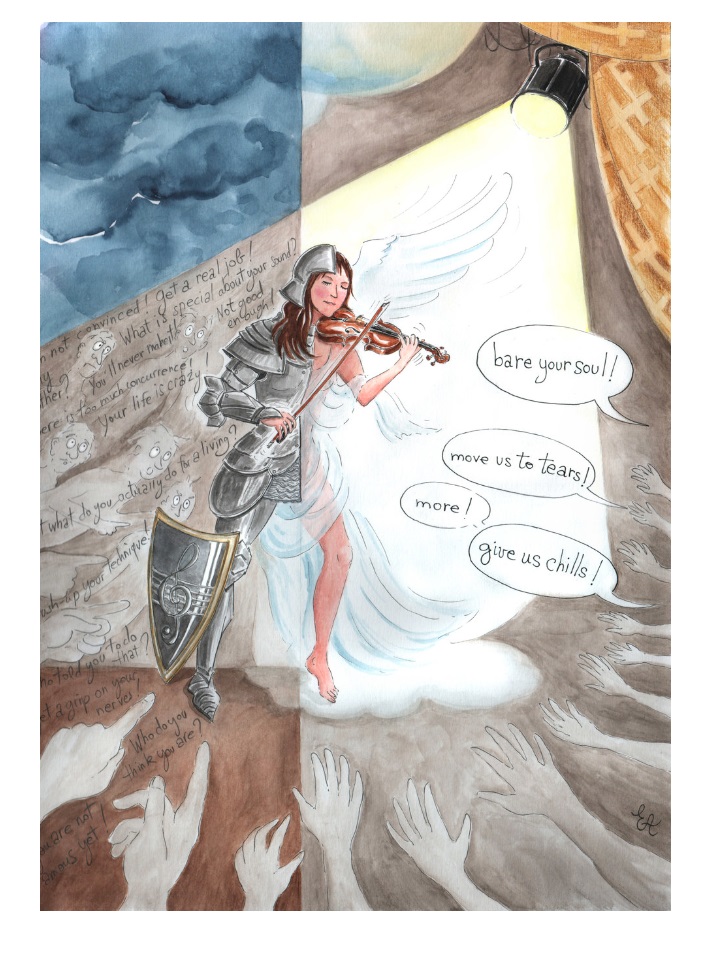I’m feeling more able to focus on music again. This summer we had construction (including some drama when I got reported for not having a permit on part of the project), there were a couple of covid scares, we got ready for electrical work by cleaning out half of the basement and leveling a mountain of dirt. Oh and digging up a banana tree that must have weighed 100 lbs. Then there was the election. A lot of mental energy went into those things.
I’m very grateful for the progressives who are planning, doing research, strategizing, writing articles and posting on social media. I’m exhausted and discouraged though, and I’m coping by sticking my head in the sand. I will get back to keeping an eye on things eventually, but for now it’s nice to pretend that there’s not a train wreck in slow motion happening just a ways down the road.
I’m continuing to work on the morning Random Note Project! Today was # 262. I moved a bunch of pages from a temporary notebook over to the massive D-ring notebook. It now contains exercises 1 through 250 (each of which might take up several pages). It’s cool to think that this project means filling up 3 more of these notebooks and most of a 4th (250 + 250 + 250 + 250 = 1000, and then add 200 more).
Here’s how I have my Composer’s Corner set up. The little cabinet off to the right has pencils, erasers, a straight edge and the dice in the top drawer. Other drawers contain things like midi cables, audio cables, power supplies and headphones. The handy-dandy little Tascam recorder stays right there. Note the special 11″ x 17″ graph paper.
Here’s the Solfege Dice.
Speaking of the piano, this came up in my Facebook Memories recently. It really is wonderful to have a piano. A lot of people grow up with them but I did not, and it still seems surprising to see one sitting there in the living room. My piano teacher at the community college really had to push hard to open my mind to the idea. We just weren’t piano people. “Where would we put one?!” “Don’t you have to get them tuned?” “What if I lose interest?” She came up with an answer to each of these objections.
In the end, buying the piano and meeting my music tutor may have been the best (longest term) results of the time at the community college. Also being introduced to Adam Neely and other music YouTubers. And I suppose the time spent generating a video every 2 weeks; what a great example of picking a project and learning, while doing a very awkward job of it.









